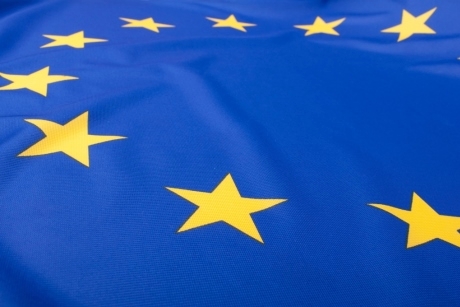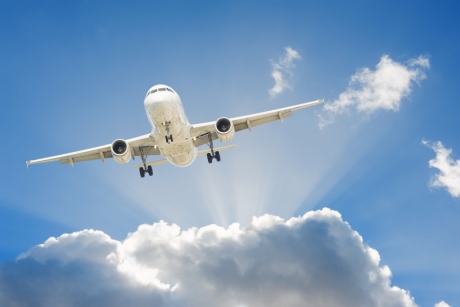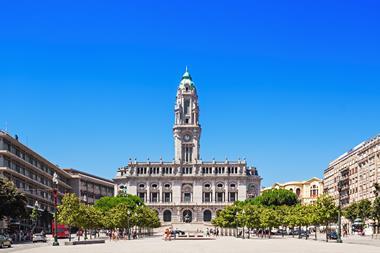
Travel association ABTA has launched a report, focusing on the EU Referendum and what leaving the EU might mean for the travel and tourism industry. We sum up the key points.
Each year, UK holidaymakers take over 29 million holidays to EU countries, equating to 76 per cent of all holidays taken. Meanwhile, 68 per cent of all business trips from the UK are to EU countries (4.6 million business visits).
There are currently many EU regulations that have been designed to benefit holidaymakers and business travellers and according to the ABTA report, many of these will be threatened should the EU referendum conclude with Britain departing from the EU.
Mark Tanzer, ABTA chief executive, said: “ABTA has considered what a vote to leave the EU might mean purely from a travel perspective. Our view is that the potential risks and downsides are not matched by an equal upside for the traveller.”
Here are some of the main aspects in the travel and tourism industry that might be potentially affected by Brexit, according to the ABTA report:
Finance and health care
Financial and health care protection will both face a potentially negative impact, ABTA argues.
According to the report, financial security for package holidays and compensation for flight delays will be in the firing line after Brexit, and so will access to free health cover through the European Health Insurance Card.
Air travel
The ‘open skies’ agreement across Europe, which has resulted in more flight routes, more airlines, and lower air fares, is also something that might be affected.
ABTA’s investigation suggests that an exit could lead to higher air fares and fewer scheduled flights between the EU and the UK, as well as bring an end to the shared tax laws that benefit many British home owners and expatriates living in the EU.

In a case study included in the ABTA report, Andrew Swaffield, CEO of Monarch Group, commented: “The emergence of low cost airlines has increased competition and helped to cut prices for consumers in the airline industry. As the cost of travel has reduced, consumers have been able to take more frequent trips and in some cases even commute between two different European countries.
“If the UK were to exit the EU, Monarch would view the outcomes for the travel sector as very negative, not least because of the uncertainty that would follow in the aftermath. This sweating period after the exit would be very damaging for the sector.”
The strength of the Pound
The ABTA report also stresses that it is currently unknown what sort of impact Brexit will have on the strength of the Pound versus other currencies. This is important both in the long term, and in the inevitable period of uncertainty should Britain depart from the EU.
It is said that a weaker Pound may have a direct bearing on spending power overseas, making the cost of holidaying or visiting abroad more expensive, as well as adding costs for UK businesses to buy abroad.
Freedom to travel
The EU already benefits UK travellers by way of offering border-free travel, the opportunity to bring home unlimited European goods, and the freedom to work in any EU country without a permit – benefits that the report suggests will be impacted in a negative way.
It’s also possible that UK residents would no longer have the right to work as tour leaders in Europe.
ABTA proposes that for the operators it would mean outsourcing tour management to local companies with a consequent loss of quality control and a possible increase in the cost of holidays by up to 20 per cent.
Damian Croft, who is the founding director of Mediterranean tour operator Esplora, pointed out in another case study that there is a strong emotional argument for wanting to stay in the EU, as well as for economic purposes.
He said: “Many of us who work in the travel industry have benefited from the opportunity of freedom of movement within the EU at some time: maybe as gap-year travellers, or Erasmus exchange students, or TEFL teachers, or language students. We have formed friendships and maybe even acquired families abroad.
“Travel is not about just taking pretty holiday snaps, it is about expanding our cultural horizons, fostering friendships and creating connections.
“I think many of us would like our children to grow up with these same opportunities.”
The debate will continue over the coming months as both sides present their arguments before the EU Referendum is held on Thursday 23rd June. The battle lines continue to be drawn and we’ve still got a long way to go. Perhaps we should all go on a European holiday?
For more information visit abta.com/eureferendum.









